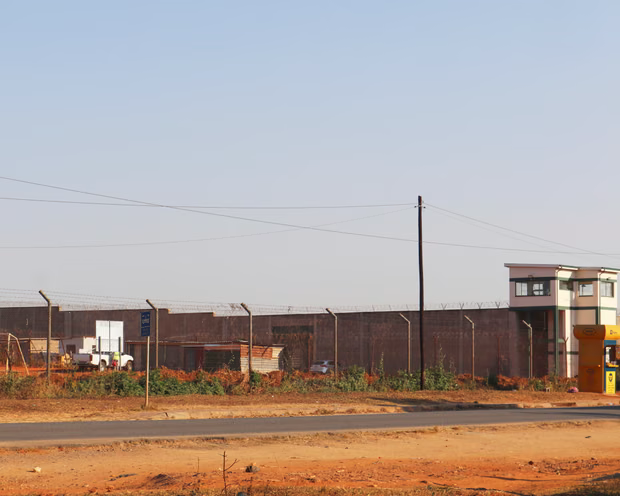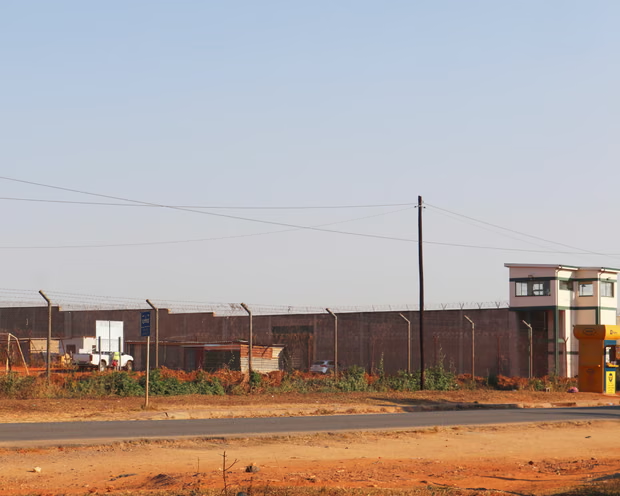Ten foreign nationals deported by the United States have arrived in Eswatini, according to a statement by the southern African nation’s government. This marks the second group of third-country deportees sent to Eswatini under the Trump administration — a move lawyers and human rights organizations have condemned as a breach of international human rights standards.
In a statement issued on social media ahead of the group’s arrival on Monday, the Eswatini government announced that the individuals “will be kept in a secured area separate from the public, while arrangements are made for their return to their countries of origin.” The government said it was coordinating with the International Organization for Migration (IOM) to facilitate their repatriation but did not disclose the deportees’ nationalities or the US’s justification for sending them to Eswatini.
US-based attorney Tin Thanh Nguyen identified some of the group’s members as three Vietnamese, one Filipino, one Cambodian, and several others from unspecified countries. Nguyen also represents two Vietnamese and one Laotian national who were deported to Eswatini earlier in July under similar circumstances.
Eswatini’s Department of Correctional Services confirmed on Monday that the new arrivals were “in good health and undergoing admission procedures,” adding that it remained “committed to the humane treatment of all persons in its custody.”
The deportations are part of a broader effort by the Trump administration to expand the use of “third-country” transfers — deals with nations such as El Salvador, Rwanda, Uganda, and South Sudan that allow the US to expel people to places where they have no legal or personal ties. Human rights advocates argue that this practice effectively sidesteps international asylum laws and exposes deportees to grave risks.

In September, at least eight West African men were deported via Ghana despite fears of “torture, persecution or inhumane treatment” upon return. Similarly, in July, five men from Cambodia, Cuba, Jamaica, Vietnam, and Yemen were transferred to Eswatini — a small, landlocked monarchy bordered by South Africa and Mozambique — where they were placed in a maximum-security prison.
Among those deported in recent months was Jamaican national Orville Etoria, who had served 24 years for murder in the US before his release in 2021. The US government reportedly claimed that Etoria and four others were “uniquely barbaric,” asserting that their home countries had refused to accept them — a claim Jamaica’s government later denied.
Eswatini’s government, appointed by Africa’s last absolute monarch, King Mswati III, said that two of the five earlier deportees were expected to be repatriated soon. Meanwhile, local civil society groups in Eswatini have mounted a legal challenge against the deportation agreement with Washington. The case, however, has faced repeated delays — first due to the attorney general’s absence, and later because the presiding judge failed to appear. The hearing is now rescheduled for Tuesday, October 7.



